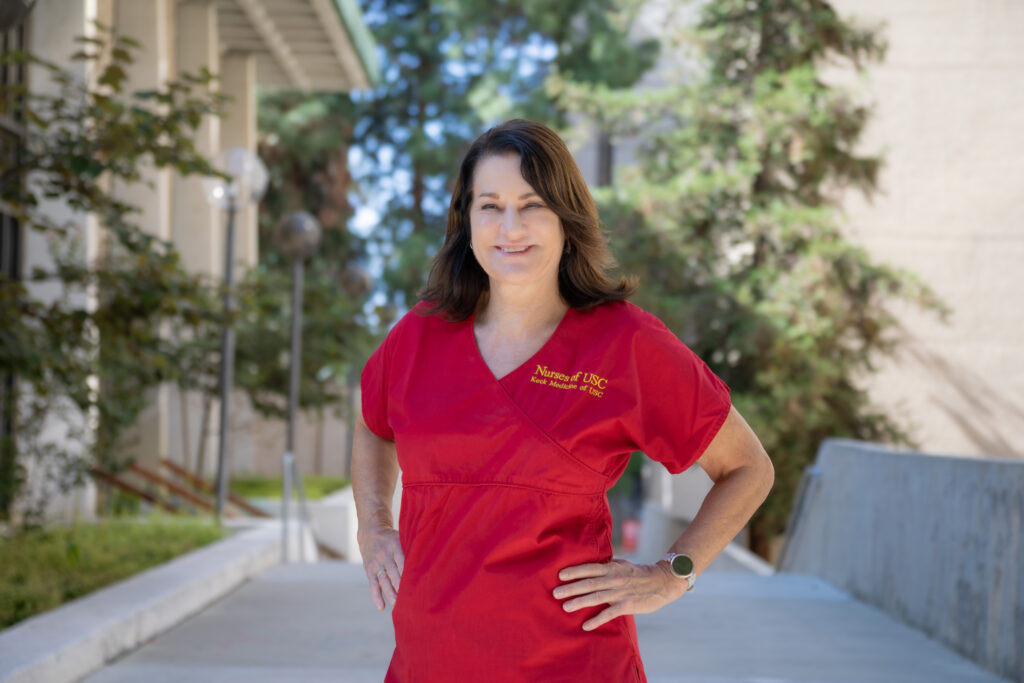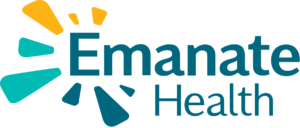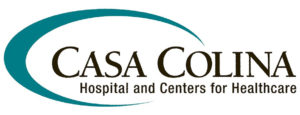My Specialty
Clinical Education, Mary Reed, USC Care and Ambulatory Services
Designing and delivering education for nurses and interdisciplinary teams

Mary Reed, RN, BSN, MHA
Director of Clinical Education and Practice Integration
USC Care and Ambulatory Services, Keck Medicine of USC
Los Angeles
Please tell us about the arc of your nursing career.
I wanted to try a little bit of everything, so I started off on a med-surg floor and then moved to neuro ICU, CCU, and the ER. I later worked in home health, urgent care, and even school nursing. When I came back to work after having children, I got a job in the oncology clinics here at Keck. I was subsequently asked to help manage the Pasadena clinic. That was when I decided to go back to school and earn my MHA.
Until that point, the Keck outpatient side had always been under inpatient nurse management. When they hired a new outpatient CNO, she asked me to help organize the movement of multiple clinics into a new space on campus. She needed someone who knew the ins and outs of clinic operations to get everything running smoothly.
From there, my role became a hybrid, combining clinical staff education with what we call “practice integration,” which is the growth of clinics with new and expanded service lines.
In essence, I serve as the clinical voice who provides insights on elements like staffing, equipment, and operations. I also help with medical record optimization and policy development and review.
Can you describe the education part of your position?
Keck has more than 100 clinics. I provide nursing education and competency validation for the clinic staff on the ambulatory side. Because our clinics are staffed by a complex mix of NPs, RNs, LPNs, medical assistants, and ophthalmology and radiology techs, I design and provide education for all of them.












